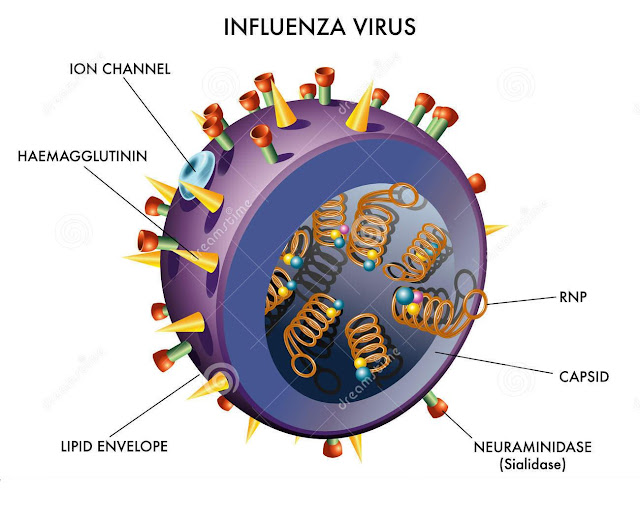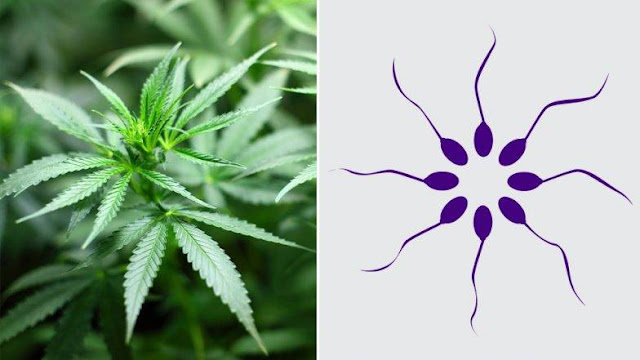Green tea may cut obesity risk, other health disorders

Green tea may reduce the risk of obesity and a number of inflammatory biomarkers linked with poor health, a study conducted in mice suggests. Mice fed a diet of two per cent green tea extract fared far better than those that ate a diet without it, according to the study published in the Journal of Nutritional Biochemistry. The finding has prompted an upcoming study of green tea's potential benefits in people at high risk of diabetes and heart disease. The benefits seen in the study appear to stem from improved gut health, including more beneficial microbes in the intestines of the mice and less permeability in the intestinal wall -- a condition typically called "leaky gut" in people. "This study provides evidence that green tea encourages the growth of good gut bacteria, and that leads to a series of benefits that significantly lower the risk of obesity," said Richard Bruno, the study's lead author and a professor at The Ohio State University...


















